2. No Money, No Problem...& No "Thinking inside the Box"!
- The Local Alien
- Nov 15, 2018
- 7 min read
Updated: Jan 17, 2019
OK, so this is actually the post I waited until right to the end to write, even though it's the second chapter. The reason is, this is where things can get a little confusing for many people that I've tried explaining the idea of a to, and the reason for that is, when it comes to the money/currency part it is a bit counter-intuitive. But it does make sense. When I say we don't need money, I mean the "money" that most of us use, that is created (out of thin air, then loaned out with interest) by banks. If you use Bitcoin (or know something about it), you probably (can) understand what I mean already when I say "we need an alternative currency, and monetary system, to the central-bank-controlled one(s) that the vast majority of us live under.
If you think that your money is issued/made by your government, and you live in a developed country (and we can include South Africa too), you're almost certainly wrong.
Now, you're probably wondering who the hell I think I am right now. "
That can't be right?! Of course, the government makes the money/currency of a country?!" Wrong! But you don't have to take it from me; In my "live show", I show clips of guys with big titles/credibility preceding their good names, and often conservative natures, such as Senior World Bank Economist, Prof. Herman Daly, Conservative Former US Presidential Candidate, Sen. Ron Paul, Conservative UK Member of Parliament (and former Lehman Brothers Banker) Steven Baker, and German Economics Professor, Richard Werner (who wrote two papers about this in 2014 & 2016) all saying exactly the same thing:
Banks create money out of nothing, and loan it out at interest.
If this is a surprise to you, don't be alarmed - most politicians haven't realised this either! To get a better understanding of how subtly, but deeply, and profoundly bad it is for society, I suggest you clear out the next two hours, and watch Zeitgeist Addendum. If you really focus on what's being said (and understand that the narrator might not be as "Hollywood" as the one in Fight Club ;-P) it could seriously impact the way you think about the world!
"But what's so bad about banks creating the money supply?"
To put it simply, banks only care about supporting activities that generate profit that can be measured in sales revenue - NOT what benefits society as a whole. So basically, if it doesn't make money for a company or a corporation, it's not valuable. At least, that's how the banks see it - and in effect, because they see it that way, that's what our reality becomes. If you (or the government, for that matter) want to get a loan to clean/repair the streets, or open schools that protect our property/family, and secure our children's (and therefore nation's) future, the bank will want to know how you can make profit.
You might find the banker surprisingly dismissive of any expansive, broad-perspective, explanations of how society at large becomes a more productive, formidable people, if it's human resources are properly nurtured in youth, in order to improve the chances of them reaching their full, glorious potential blah, blah blah...
To put it darkly, the maxim of the house of Rothschilds is supposedly "Let us control the money of a country and we care not who makes its laws."
Some people might try to tell you that no-one actually said that, but the thing about that is, it doesn't matter. Just because someone might not have said/articulated a particular idea, doesn't mean it's not true! Just look at the example above and you can clearly see how a government trying to support teachers to educate the future generations, or improve the physical world we live in, is completely at the mercy of banks. In other words, the government (i.e. country) is made to play by the banks rules, instead of the other way round!
Because bankers only value profit-making, altruistic activities that aren't profitable (i.e. most altruism) are not rewarded by the system. Our current economic model does not reward good! Pure evil though! MUHU-HAHAHAAA!! It's kind of a fact that the most evil activity, war (massive, unnecessary bloodshed and destruction, almost always for other people's land, and resources, including slaves, i.e. power), is perhaps the most profitable activity throughout history.
When doing only good makes you go broke, and doing only bad can make you a god, it shouldn't surprise us that things seem more "hellish" here on Earth than they really should be by now. If the economic design of an economy rewards the dark side of human nature, more of us will tap into it, out of (ultimately) sheer desperation, if nothing else. So naturally good people can, and have, in HUGE numbers have had our characters warped by more qualified, and well-resourced, but less noble influences than you could probably ever know!
"So why do we continue to live under this distortion of basic principles of human?"
Well, quite simply, very few people, including politicians are aware of this deeply hidden, long-forgotten aspect of our societal design which we just, kind of "inherited" from foreign "influences". Is there any way known to man today for us to design a fix for the way this system works? Yes! Remember how you probably assumed the government issued money? Well, we could just go back to that!
That's basically it! The only really change I think we should make, is to take the currency-issuing power away from the banks, and give it to an organisation/someone concerned primarily with human prosperity and what benefits society. It could be a government, a political party, or even a universally-lauded philanthropic genius/mastermind - I nominate Elon Musk. If you have his number, please...seriously, please hook us up.
If this gov/Elon offered their city/country/world's population "the offer" on the home page (guaranteed job, home, respect, dignity at least all basic needs met) without offering them bank-made money, that means that all productivity is technically free - the cost of making everything, if everyone is working for free, is nothing! Think about it.
If just Cape Town's unemployed are offered a job specifically to support themselves and their community, that's a workforce of nearly half a million people! Less than half of those could easily provide all the necessities/comforts of a developed country (e.g. homes, schools, nurses, police, food, energy, and other natural resources, etc.) The other homes can house people that don't just further enhance/pamper/entertain the core workforce, but also provide more goods/services that can be sold/hired to the "Old economy" for their "bank money" to pay for materials/training that can further support the "FREEconomy/ic citizens".
As for the non-bank-made currency that these citizens will be using, think of it simply as "points". To reward people for their labour/time, the gov/Elon can pay ("give away") points for ALL kinds of activities, including purely altruistic ones! As long as the FREEconomy provides more than it needs and distributes it efficiently, which it can, easily, since everyone in this society (The FREEconomy) is interconnected - whatever one person makes will/must be to the benefit of someone else, or society, or humanity at large! Unlike most commercial activity today, where each company works just for its own gain, no matter the cost to other people, the environment, whatever, the main focus of the FREEconomy will not be "profit, but universal human prosperity! Wastage should be virtually non-existent as almost everything will need to be quantified.
Now, exactly how many points each person will get, works pretty familiarly to the way it works today. Individual rewards will be based on individual performance/contribution to society. So, low-skilled workers will get a decent, if modest, home suitable for raising a small family in...as well as all basic needs met, of course. A doctor/lawyer who clearly stands for egalitarian altruism and provides and indispensable value to their society will get more points, in recognition of this fact. Trust me, these people almost always provide far more than they take from society
Because, of the "interconnectedness" of the system, the productivity of the FREEconomy can very quickly out-compete the current "Old Economy". Consider how the "Isolated worker in an isolated company" model compares to the interconnected, distributed network that the FREEconomy will be:
In the 80's/90's something happened across offices worldwide, that increased the productivity capacity of workers, many times over. This meant that workers could produce more goods/services over the same, or even less time than before. PCs had entered our world. And WOW! What a difference it made. But did most workers benefit from large raises that reflected their productivity gains. I think new entrants to the job market today, are on average, some of the most educated/well-trained people this world has ever produced, but when they go find a job, despite being incredibly versatile/useful, they will probably not be paid a salary that can even support a small house purchase, let alone a family!
The next level of the technological nightmare is upon us - robots are getting so good at "helping" us, they're actually taking our jobs!! This, again, is only a problem in the "Old Economy", where the boss/company is only (or, at least, primarily) concerned about maximising profit, and lowering costs (like those way more expensive, less reliable, less predictable human workers) - so robots lower the number of jobs for humans in the Old Economy.
In the FREEconomy, however, because all goods/services are shared primarily for the purpose of efficiently providing for/adding value to people's lives. If we mechanise/automate food and home production, eliminating the need for builders and growers/farmers, those people that were doing those jobs can now focus on doing another job in the FREEconomy - something that suits them, that they're good at, and that they're proud of doing. And while they're between jobs, training for whatever the FREEconomy could really use their help with, they don't have to worry about providing food/shelter for themselves. Since they'll be made by robots (i.e. no actual time/human labour required), gov/Elon can basically issue food/housing points freely, indefinitely!
If we made machines work for us, not competitively (i.e. against) us, wouldn't it seem much more likely that we might solve most human problems within our lifetime? If we did that, FREEconomic citizens might a) Have much more time on their hands (if they're happy with just having solved problems), or b) Become a truly impressive people (if they wish to use their newly-freed-up time on developing themselves/their calling.
The possibilities are truly exciting, and unprecedented! But I've typed for far too long.
In this chapter, I identify the South African context-specific 18 problems that the FREEconomy (i.e. my talks) addres. I also talk about how that point (or cryptocurrency)-system feels, and how it'll be much more convenient, and practical than our current monetary system. And the points will be called "Kudos" - Giving kudos to people for their good work just makes sense! Don't you think?



#TheFreeSolution #KudosOverCash #TheCashFreeEconomy #GetIndustreal #ThirdIndustrialRevolution #CryptoCurrency #NoMoreWallets #TheCashFreeLife #TheCashFreeWorld #DisruptMorallyBankruptBanking










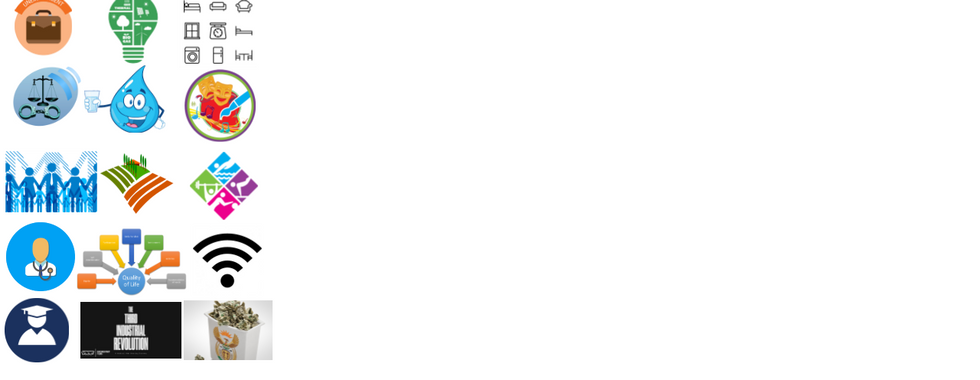

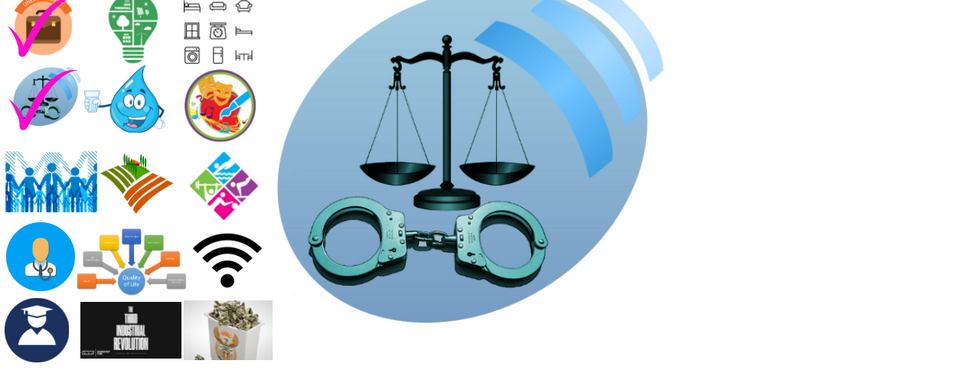



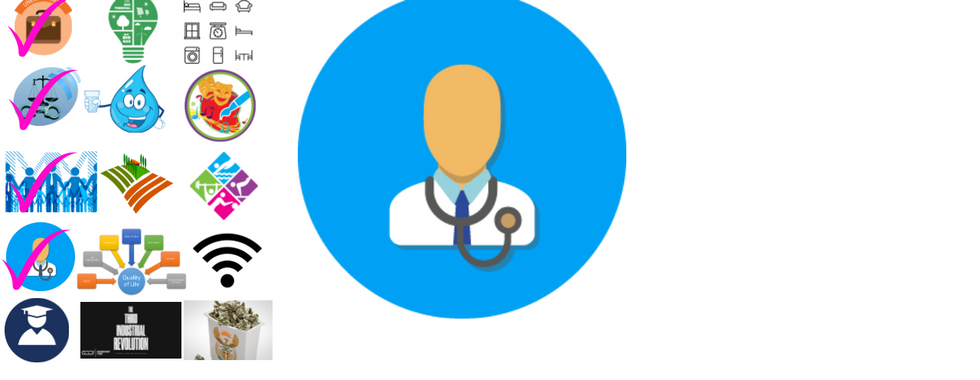































































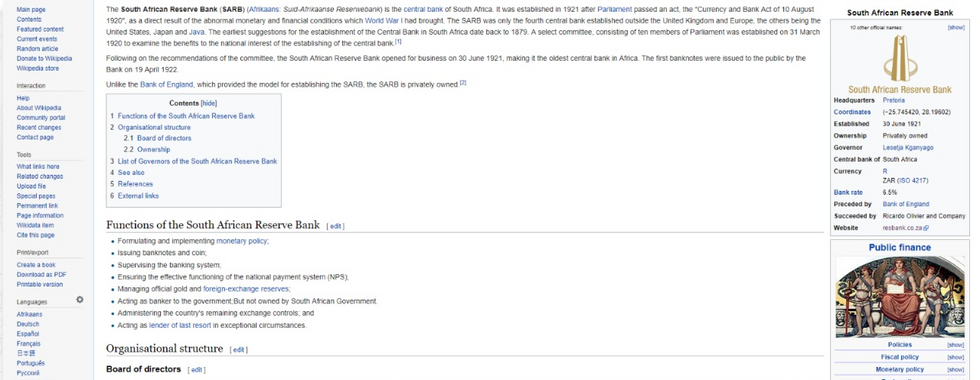



























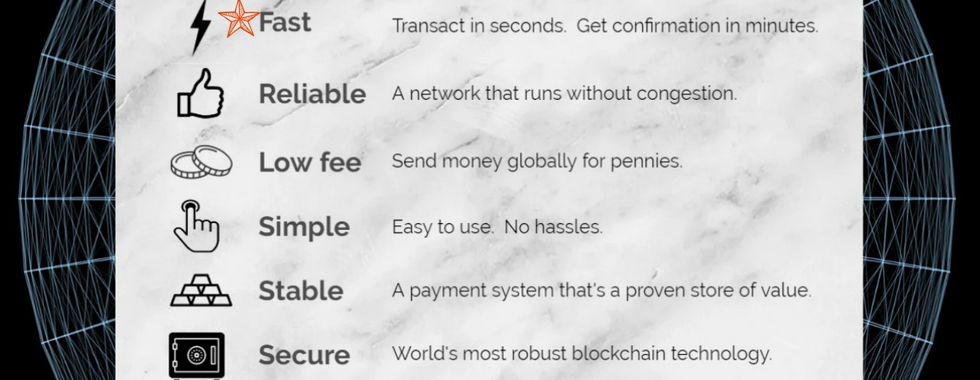



















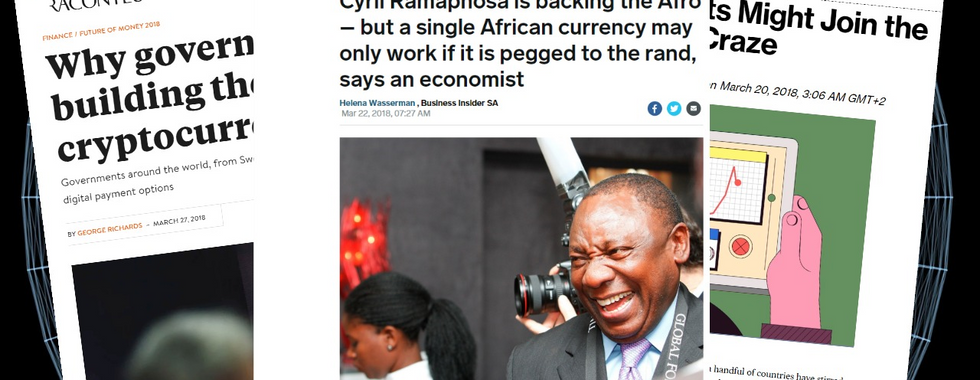



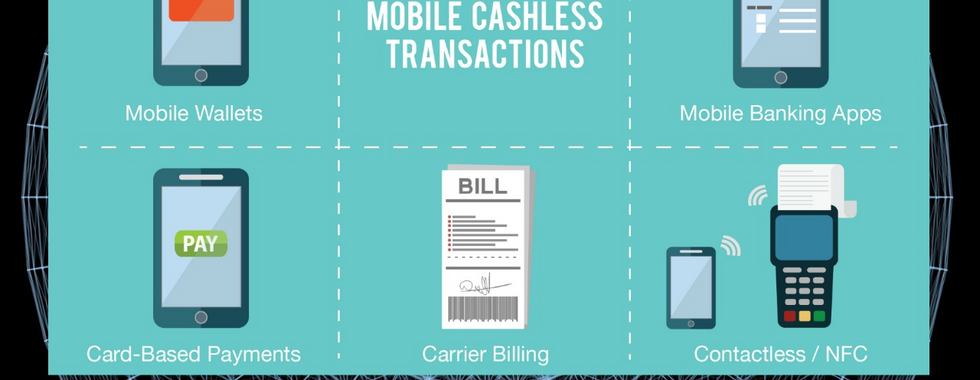









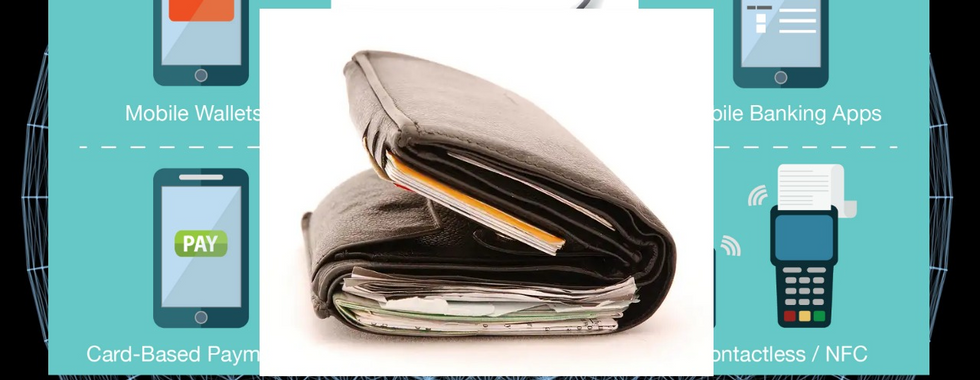











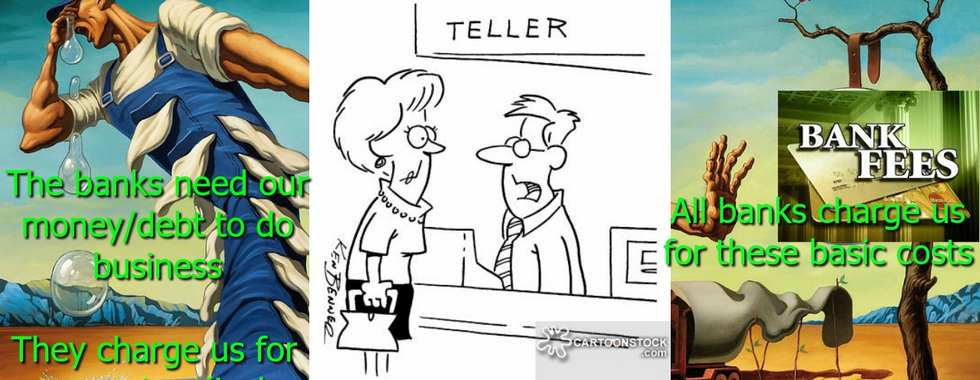









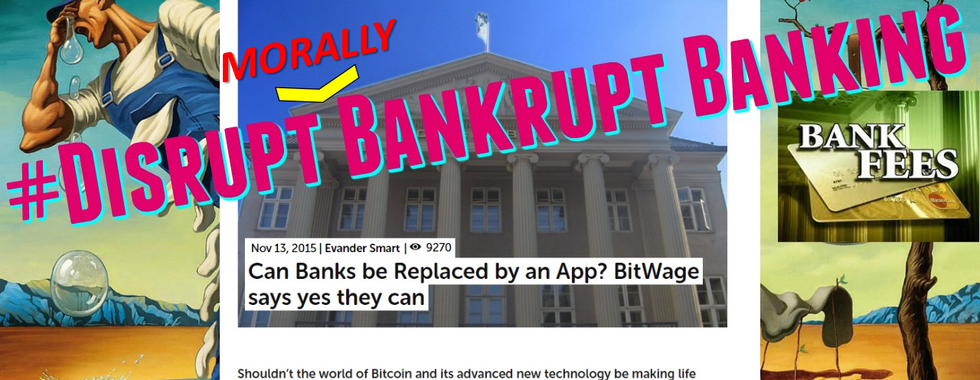









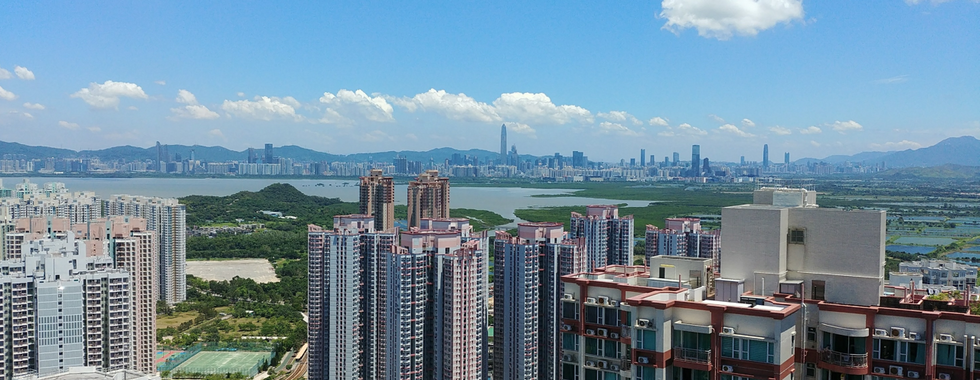

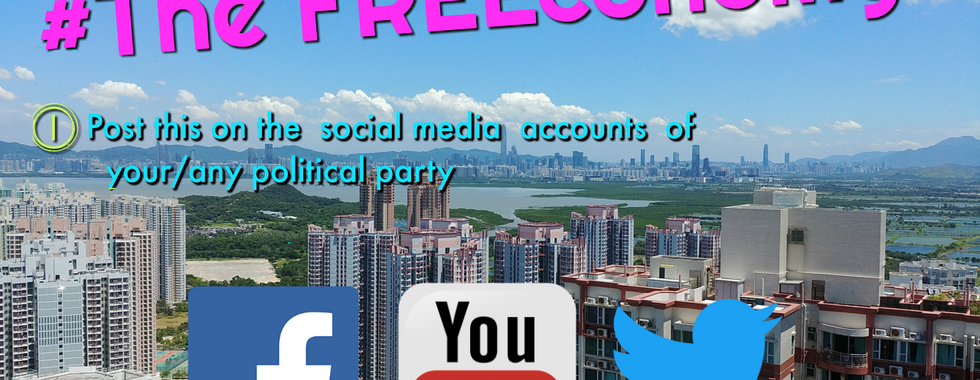

















Commenti